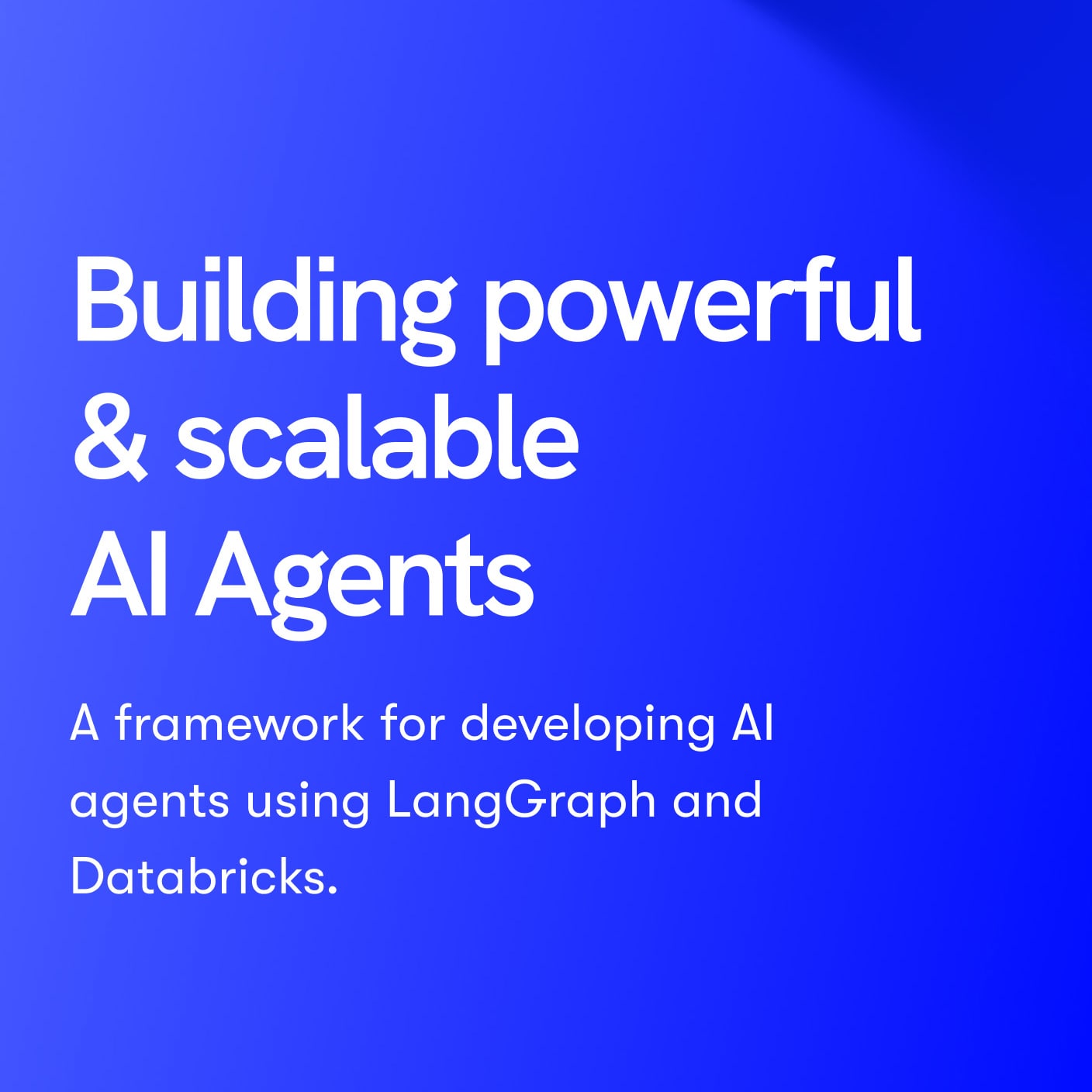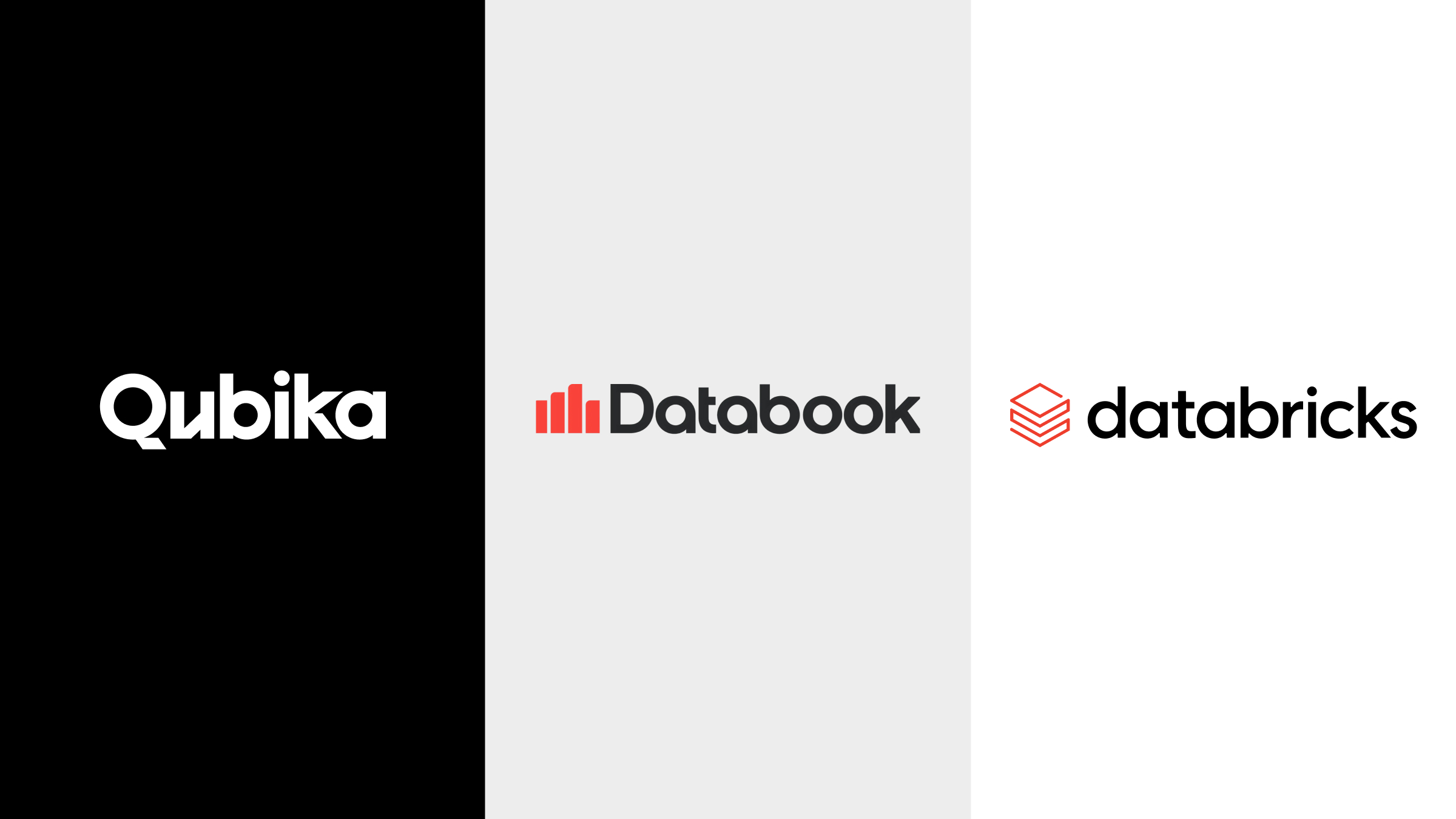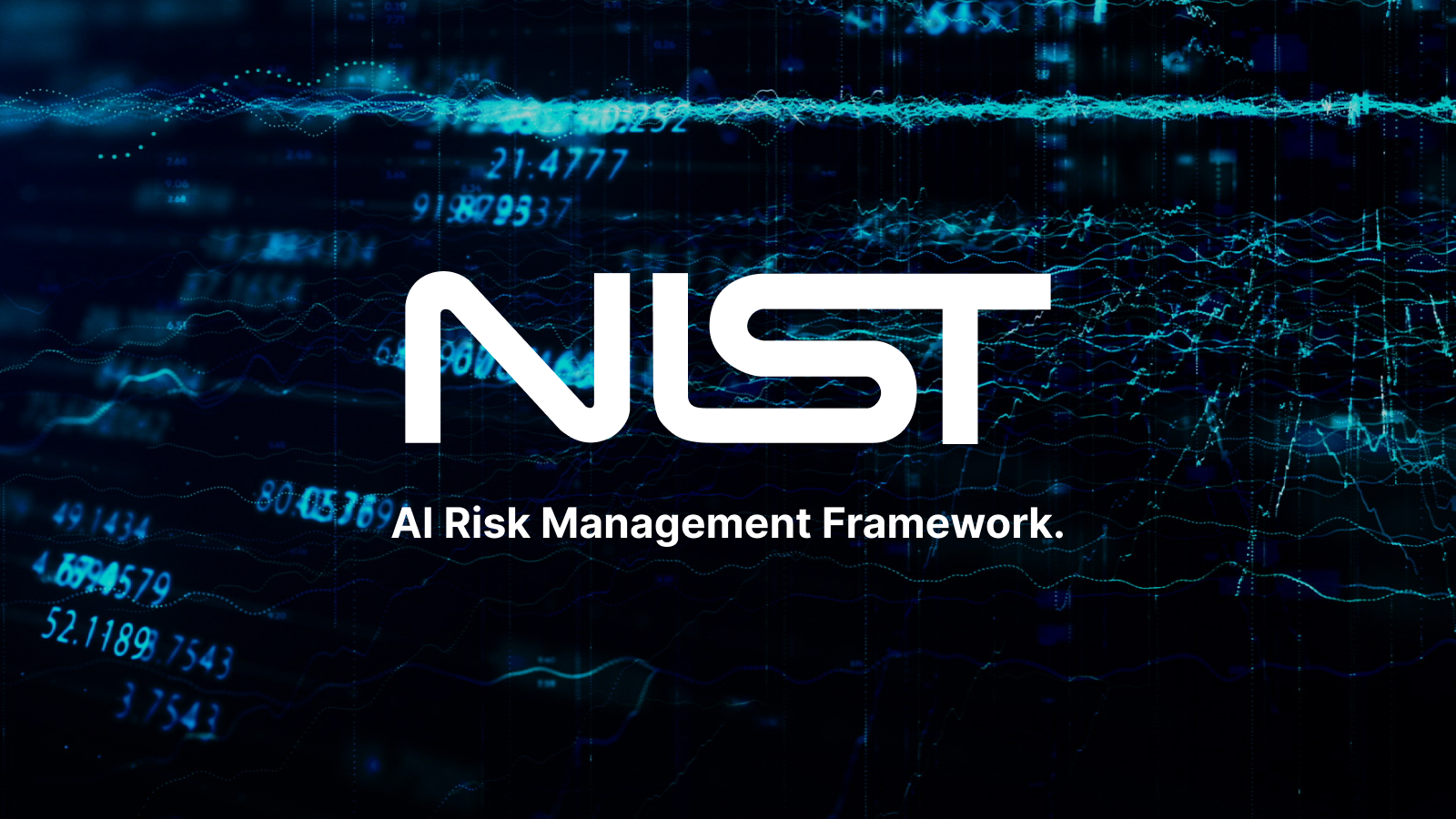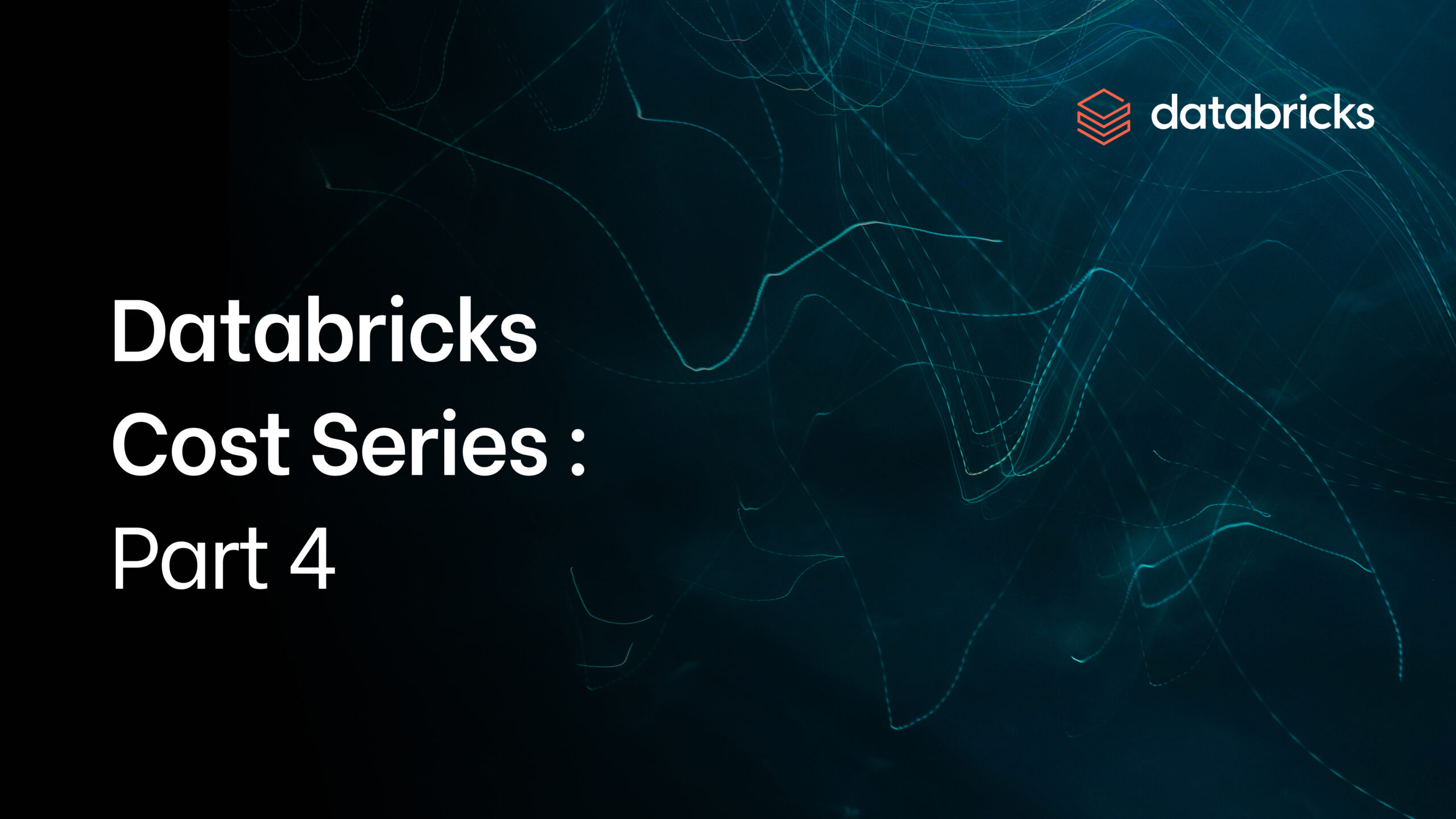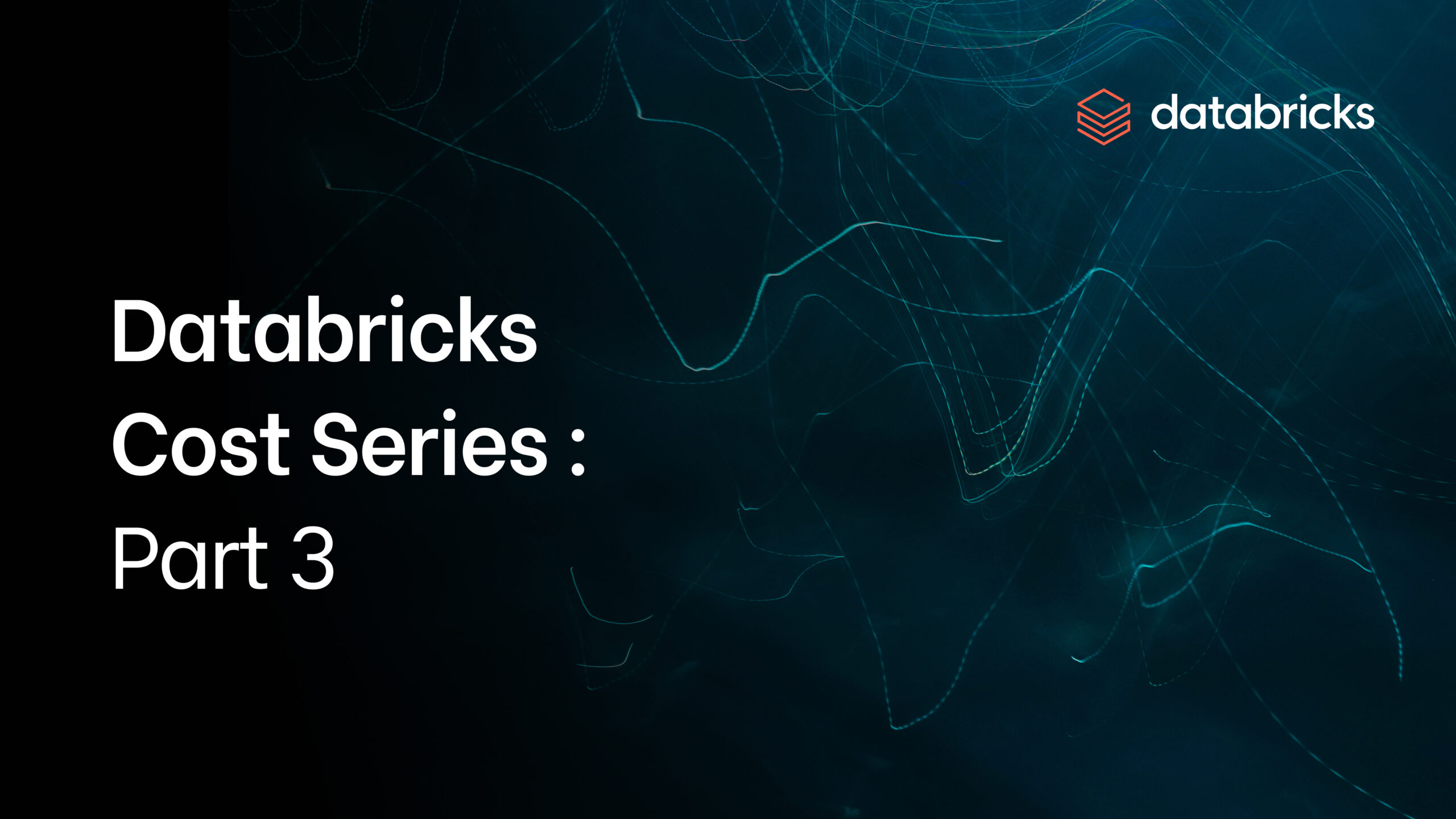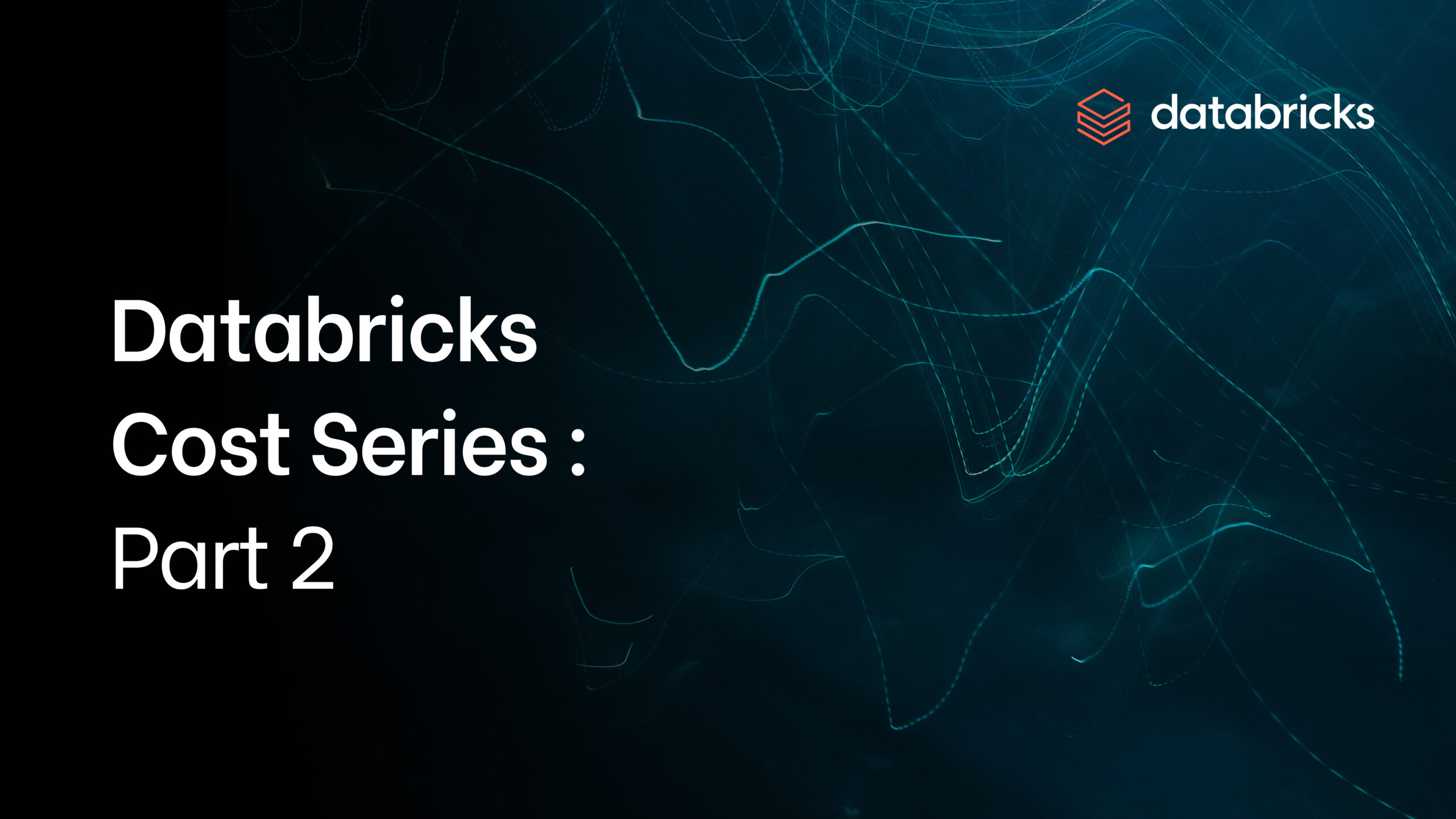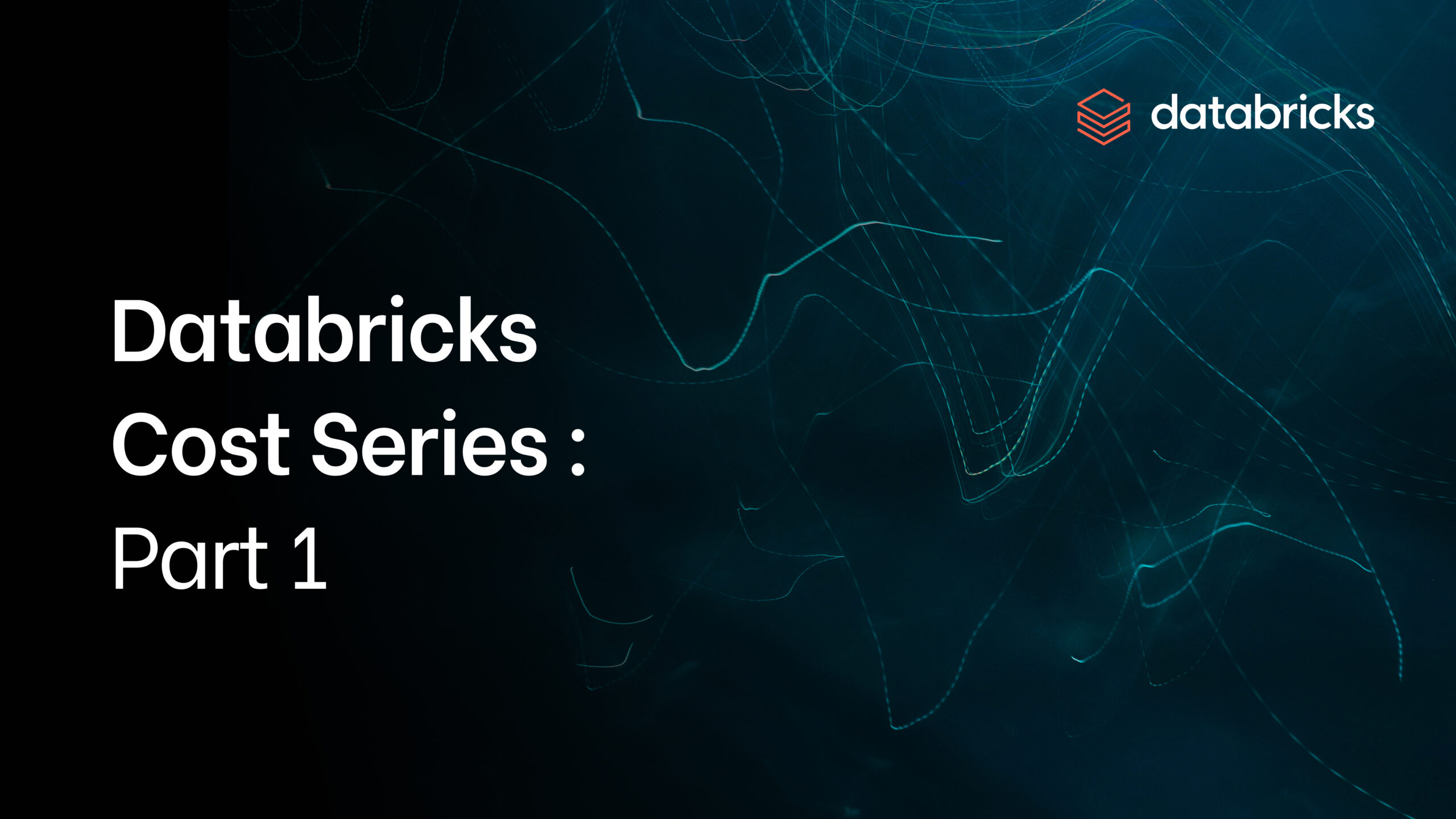The problem: Unity Catalog is powerful, but manual set up is slow
Most organizations adopting Databricks hit the same wall: governance.
Standing up Unity Catalog means creating dozens (sometimes hundreds) of catalogs, schemas, tables, and permissions by hand. Each new project or business unit forces data teams to repeat the same steps, often copying snippets of SQL between environments.
The result:
-
Weeks of manual configuration for every new domain
-
Inconsistent tags, naming conventions, and RBAC rules across workspaces
-
No standard pipeline from ERDs or schema diagrams to a deployable Unity Catalog plan
As the platform grows, these gaps turn into real governance and compliance risk, and slow down every new analytics or AI use case.
We built the Unity Catalog Setup Accelerator to fix that.
The Qubika Unity Catalog Setup Accelerator: governance in days, not months
The Unity Catalog Setup Accelerator is an AI-powered solution that automates Databricks governance setup from end to end:
-
Accelerated setup. Cuts Unity Catalog provisioning time by up to 90% using ERDs and schema metadata as the source of truth.
-
Consistent governance. Applies naming standards, tags, and role-based access control (RBAC) the same way across dev, test, and prod.
-
Self-service for data teams. Data engineers can upload models, define rules in natural language, and generate ready-to-run SQL DDLs without becoming governance experts.
-
Enterprise-grade control. Every change is versioned, reviewable, and deployable through CI/CD, aligning platform, governance, and DevOps teams.
The result is a governed Databricks environment that keeps pace with your data strategy instead of slowing it down.
Our approach: AI-powered governance automation on Databricks
To make governance both fast and trustworthy, Qubika designed the accelerator as a modular AI system running natively on the Databricks Lakehouse.
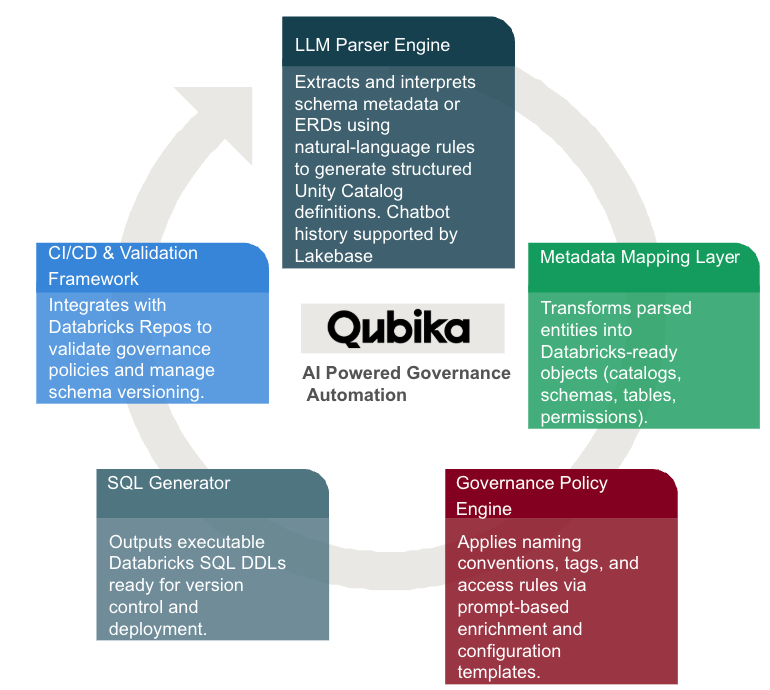
Where it fits: use cases and personas
The accelerator is designed for the teams that live at the intersection of data, governance, and infrastructure:
Data Engineering
-
Onboard new projects by generating catalogs, schemas, and tables directly from ERDs or schema metadata.
-
Standardize permissions with reusable RBAC templates.
Data Governance & Compliance
-
Enforce policies by auto-applying tags, classifications, and naming conventions via prompts.
-
Improve audit & lineage visibility with consistent, documented governance rules.
Infrastructure & DevOps
-
Integrate Unity Catalog provisioning into CI/CD pipelines for repeatable, environment-aware deployments.
-
Promote configurations from dev to prod while maintaining security and governance guarantees.
Key benefits for the enterprise
Organizations using Qubika’s Unity Catalog Setup Accelerator see measurable improvements:
-
Up to 90% faster governance setup for new domains, projects, and workspaces
-
Consistent governance and lineage across all Databricks environments
-
Reduced manual effort and human error in catalog, schema, and permission creation
-
Accelerated onboarding of new data sources and business units into the Lakehouse
-
Closer alignment between data, governance, and DevOps teams, thanks to a shared, automated pipeline
Built on Databricks. Powered by Qubika.
The accelerator runs fully on Databricks, leveraging Unity Catalog, Databricks Apps, Lakehouse storage, MLflow, and Databricks hosted LLMs using Langraph, to keep governance close to the data and under your control.
It’s not just a script or a one-off migration: it’s a reusable governance engine that grows with your platform.
Take the manual work out of Unity Catalog
If your team is spending weeks wiring catalogs, schemas, and permissions, or struggling to keep governance consistent as Databricks adoption grows, the Unity Catalog Setup Accelerator can give you a faster, safer path forward.
Modernize your governance, standardize your setup, and free your data teams to focus on building value, not boilerplate.
Ready to accelerate your Databricks governance?
Talk to Qubika to learn more or schedule a live demo of the Unity Catalog Setup Accelerator.

